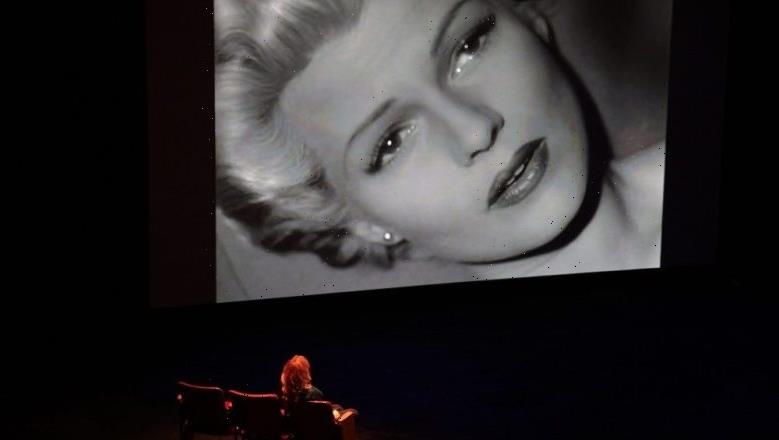Nothing less than, well, just about everything cinematic is on the table in Nina Menkes’ eye-opening, if occasionally half-baked documentary “Brainwashed: Sex-Camera-Power”; look no further than its wordy full title for proof of its big-time ambition. The film might only be indie filmmaking pioneer Menkes’ second documentary, but it’s inspired by her “cinematic experience” lecture “Sex and Power: The Visual Language of Oppression,” which Menkes has taken around the world for years.
A longtime filmmaker who has consistently bucked the status quo to make films her way, Menkes long ago hit upon some uncomfortable truths, the kind that impacted her both as a woman and a director. Per its own synopsis, “Brainwashed” attempts “to show how the visual grammar of cinema contributes to conditions that create discriminatory hiring practice, pay inequity and a pervasive environment of sexual harassment in the film industry and beyond.” In short, Menkes aims to walk her audience through a bevy of film clips to illustrate how the very language of films is gendered, much to the detriment of women both on- and off-screen. The results are startling, destined to forever change how its audience watches films.
The film weaves together shots of Menkes doing her presentation (complete with a variety of peeks into the audience, which is appealingly diverse), talking head segments (heavy on the academics and filmmakers, from Laura Mulvey to Julie Dash and Catherine Hardwicke), zippy diagrams made to look like old film stock, and nearly a hundred illustrative clips from various films. Menkes’ theory may sound wild to some, but as she walks us through example after example, it becomes hard to shake. Everything from composition to framing to lighting is discussed, and Menkes’ patient monologue is eager to introduce, explain, and clarify. She never lectures. She clearly loves films. And she clearly sees something very wrong with them.
But that’s not to say that Menkes’ observations and insights are ironclad. Menkes will often admit that many examples might be the result of unconscious choices — a particularly useful and astute notation when dealing with films directed by women, plenty of which contribute to the same gendered way of shooting — but rarely engages with the possibility of a different intent by the filmmakers whose work she is unpacking. Unconscious bias is still bias, but Menkes’ resistance to exploring other reasons for what makes it to the screen beyond the topics she’s compelled by is also illustrative of bias in its own right.
And while Menkes loads up the film with dozens of clips from all sorts of examples, from Orson Welles to Lorene Scafaria joints (and plenty in between), she also makes the paradoxically worrying and obvious choice to include a wealth of clips from her own films. Menkes is too smart to come out and say, “Hey, I’m the one doing it right here,” but the implication is clear. And, yes, Menkes probably is doing it right — she’s done the work to know what’s necessary, after all — but it would be more impactful to see other examples, too.
The documentary will inevitably spark discussion in its audience (it even includes a handful of scenes in which actual discussion groups chat about Menkes’ lecture, and good luck not feeling a bit jealous of those participants) and likely a desire to know more about the many topics it covers in under just two hours. (The film’s website is a wealth of resources, by the way.) Mostly, though, the film encourages not just a new way of looking but a new way of seeing — and that includes realizing that not everything worth watching has to be perfect for an audience to take something way from it.
Grade: B-
“Brainwashed” premiered at the 2022 Sundance Film Festival. It is currently seeking distribution.
Source: Read Full Article
